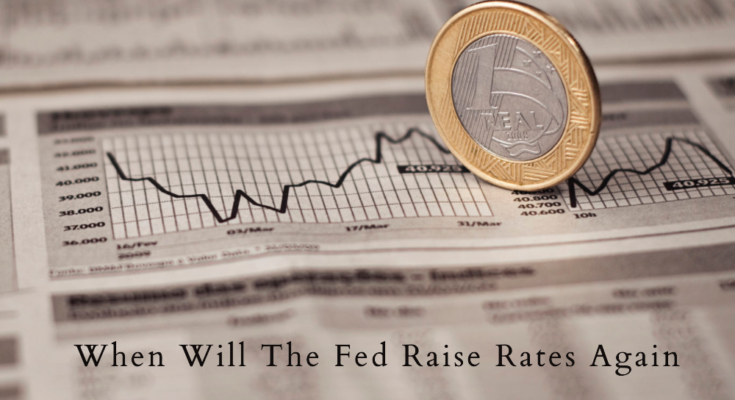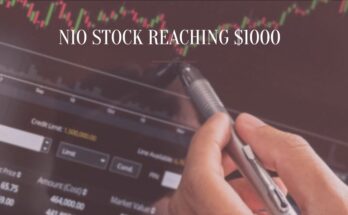As of the last update of my knowledge in September 2021, it’s important to note that any forward-looking information contained herein may be outdated. The decision on when the Federal Reserve will raise interest rates is contingent on various economic factors and the monetary policy objectives of the Federal Reserve.
The Role of the Federal Reserve
Before we delve into the factors that could influence when the Federal Reserve might raise rates again, it’s important to understand the role of the Federal Reserve. The Federal Reserve, often referred to as the Fed, is the central banking system of the United States. One of its primary functions is to set monetary policy, including controlling the federal funds rate, which is the interest rate at which depository institutions lend reserve balances to other depository institutions overnight.
Factors That Influence Rate Decisions
The Federal Reserve makes decisions on interest rates based on its mandate to promote maximum employment and price stability. The key factors that often influence these decisions include:
- Inflation: One of the Fed’s primary concerns is controlling inflation. When prices rise too quickly, the Fed might raise interest rates to cool down the economy.
- Employment: The Federal Reserve also looks at employment levels. When unemployment is high, the Fed might lower interest rates to stimulate economic activity. Conversely, when employment is robust, it might raise rates.
- Economic Growth: The rate of economic growth is another factor. Strong growth might prompt the Fed to raise rates to prevent the economy from overheating, while weak growth could lead to rate cuts.
- Global Events: Global economic events and uncertainties can also impact the Fed’s decision on interest rates. For example, trade wars, global pandemics, or financial crises in other countries can affect the U.S. economy.
Reading the Signals
Federal Reserve officials often provide hints about their thinking on interest rates through speeches, testimonies, and the minutes from the Federal Open Market Committee (FOMC) meetings. Market participants closely watch these communications for clues on the future path of interest rates.
The Uncertainty of Economic Conditions
Given the dynamic nature of economic conditions, predicting exactly when the Federal Reserve will raise interest rates is challenging. Unexpected events such as geopolitical tensions, natural disasters, or financial crises can rapidly change the economic outlook and influence the Fed’s decision-making.
Staying Informed
To stay current on the Federal Reserve’s interest rate decisions, it is advisable to follow news from reputable financial news sources. Moreover, paying attention to the statements and minutes released by the Federal Reserve, especially after FOMC meetings, can provide insights into the central bank’s thinking on economic conditions and monetary policy.
Conclusion
Predicting when the Federal Reserve will raise interest rates is inherently uncertain and depends on the evolving economic conditions. The decision will be based on a multitude of factors including inflation, employment levels, economic growth, and global events. It’s important for investors, business owners, and consumers to stay informed and be prepared for the potential impact of interest rate changes on their finances.


